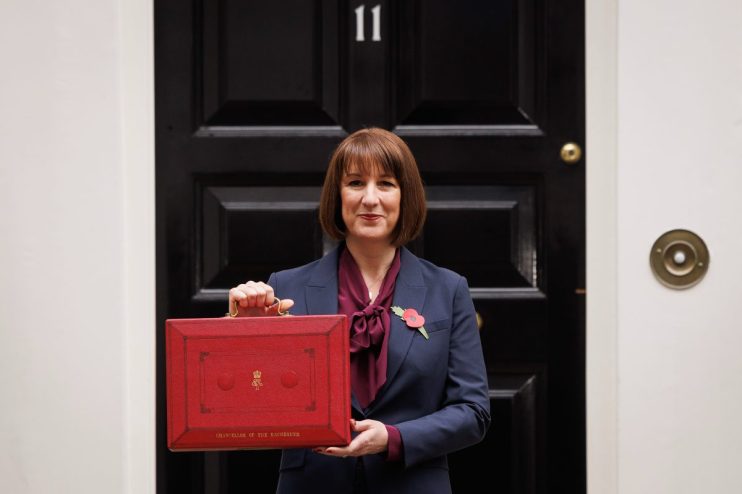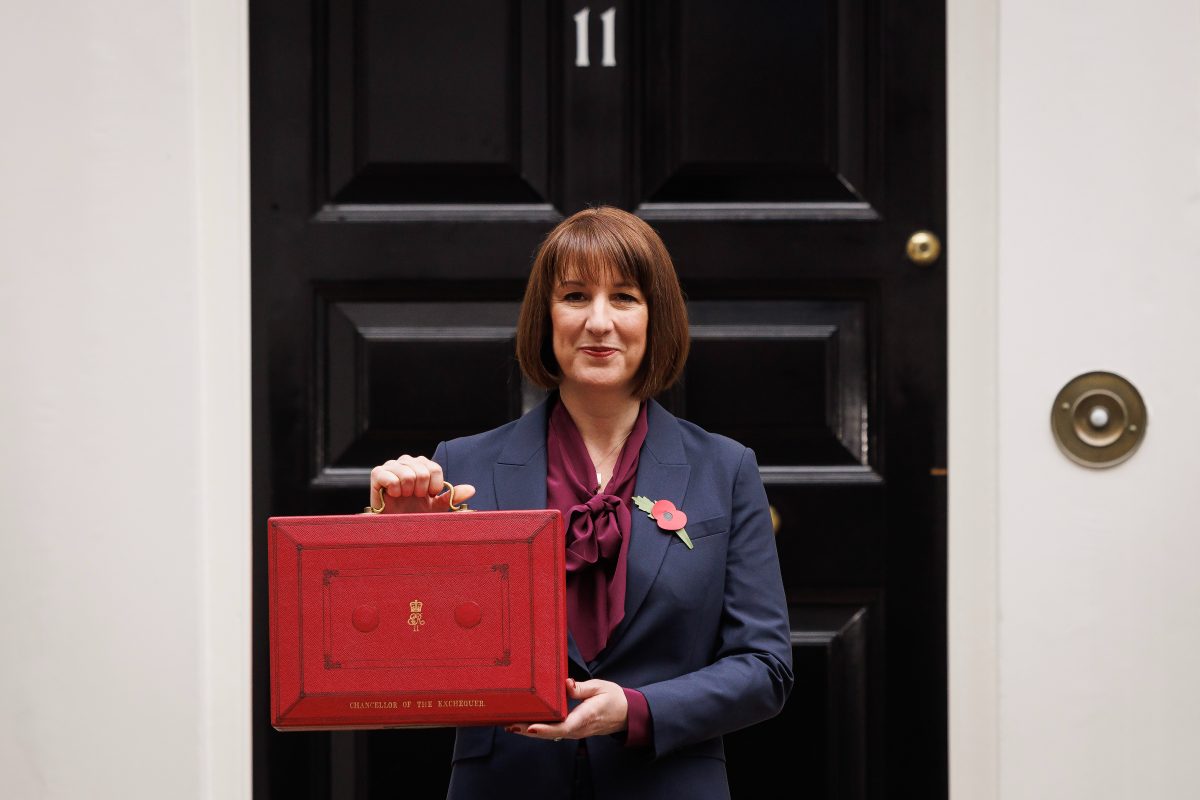Tuesday 02 September 2025 10:38 am
| Updated:
Tuesday 02 September 2025 5:26 pm
Share
Facebook Share on Facebook
X Share on Twitter
LinkedIn Share on LinkedIn
WhatsApp Share on WhatsApp
Email Share on Email

Rachel Reeves may not get an official exam transcript, but the numbers categorically show she’s flunked her growth mission, writes Damian Pudner
Last month, hundreds of thousands of teenagers across the country opened their exam results with a mix of dread and hope. For some it was a moment of joy, for others of disappointment. But for all of them, it was a reminder that ambition and effort mean little unless they translate into results on the page. In economic policy, the same principle applies. A year into Rachel Reeves’s tenure as Chancellor, the results are in.
Back in December, I argued in these pages that Labour’s economic strategy was a gamble: put growth at the centre of policy and everything else would follow. It was the right ambition, and worth granting the new Chancellor the benefit of the doubt. Britain craved stability after years of turbulence. But the grades now in front of us are not the ones she promised.
What do the numbers say?
On growth and productivity, the Chancellor is failing. GDP growth is flatlining at a meagre one per cent. Productivity remains dismal. Public debt hovers around 100 per cent of GDP, with both the IMF and OBR projecting it will climb further. The deficit sits stubbornly above five per cent. Borrowing costs are at levels not seen for almost 30 years. Debt servicing will swallow £110bn this year – more than schools, defence or policing – and is rising fast. This was supposed to be the story of ‘fixing the foundations’. Instead, Reeves looks like a pupil condemned to repeat the same mistakes.
The labour market, once a relative bright spot, is now showing cracks. Unemployment has risen from 4.2 per cent to 4.7 per cent and is likely to breach five per cent. Youth unemployment (16-24) is just above 14 per cent, with 634,000 young people out of work, 59,000 more than a year ago. Business failures are flat year-on-year, but insolvencies in early 2025 outstripped those in late 2024. Inflation, lower when Labour took office, is edging up again, in part due to decisions in the last Budget.
Confidence is where Reeves scores worst. Business investment is being postponed, particularly in manufacturing and retail. Consumers sentiment remains cautious. Foreign capital is heading elsewhere. Bond markets still demand what traders call a ‘moron premium’ to hold British debt – as questions remain over Britain’s fiscal discipline and debt sustainability. Without confidence, no growth strategy can succeed.
Credit where credit’s due
To her credit, there are some modest successes. She has avoided a repeat of the Truss-Kwarteng gilt market fiasco – at least for now. Despite rising unemployment, Britain’s labour force still compares favourably with much of Europe. These achievements matter. But they are consolation marks, not distinctions. A labour market that is merely ‘less bad’ than Europe’s is no cause for celebration. Avoiding collapse, or IMF intervention, is a low bar for success.
Read more
Keir Starmer has humiliated Rachel Reeves
The glaring weakness is reform. Here Reeves has left the page blank. Planning reform, critical to unlocking housing and infrastructure, has been watered down. Welfare reform has been all but shelved. The triple lock on pensions, an obvious long-term liability, remains politically sacrosanct. Public sector productivity, still below pre-pandemic levels despite record spending, has not been addressed. Regulatory simplification has barely begun. These are not minor omissions: they are the questions that decide whether Britain competes or declines.
Autumn Budget = time for Reeves to resit
The Autumn Budget offers Reeves a resit. All the signals point to the easy option: more tax rises, perhaps £25bn-30bn. But taxing more without reform is like padding out an exam answer. It may fool the examiner briefly, but it cannot disguise the lack of substance. Investors, households and businesses can tell the difference.
This is Britain’s chronic reform deficit. Reform carries immediate political pain: homeowners resist planning changes, unions oppose productivity drives, pensioners revolt if the triple lock is touched. The benefits arrive years later, often after another government has taken office. Politicians of every stripe fear the cost today more than they value the gain tomorrow. Reeves promised to break that cycle. If anything, she has reinforced it.
And this is where the intergenerational unfairness bites. Today’s teenagers – the ones receiving exam results – will graduate into a world of higher taxes, heavier debts and diminished prospects. Pensioners, meanwhile, remain protected by the triple lock. Britain has become a country where the old are rewarded for loyalty at the ballot box, while the young inherit the consequences. Politically understandable, perhaps. Economically indefensible.
Reeves was right to identify growth as the central mission. But growth cannot be conjured by rhetoric. It requires political courage: the willingness to take tough, unpopular decisions now in return for prosperity later. So far, that courage is absent.
On her first report card, the Chancellor has scraped a few passes. But too many blanks, and too many fails, leave the overall verdict grim. Britain’s growth problem has become its hardest exam – and Reeves, so far, has shown no sign she is ready to do the work required to pass it.
Damian Pudner is an independent economist
Read more
UK economy grows faster than expected in June
Similarly tagged content:
Sections
Categories
People & Organisations

